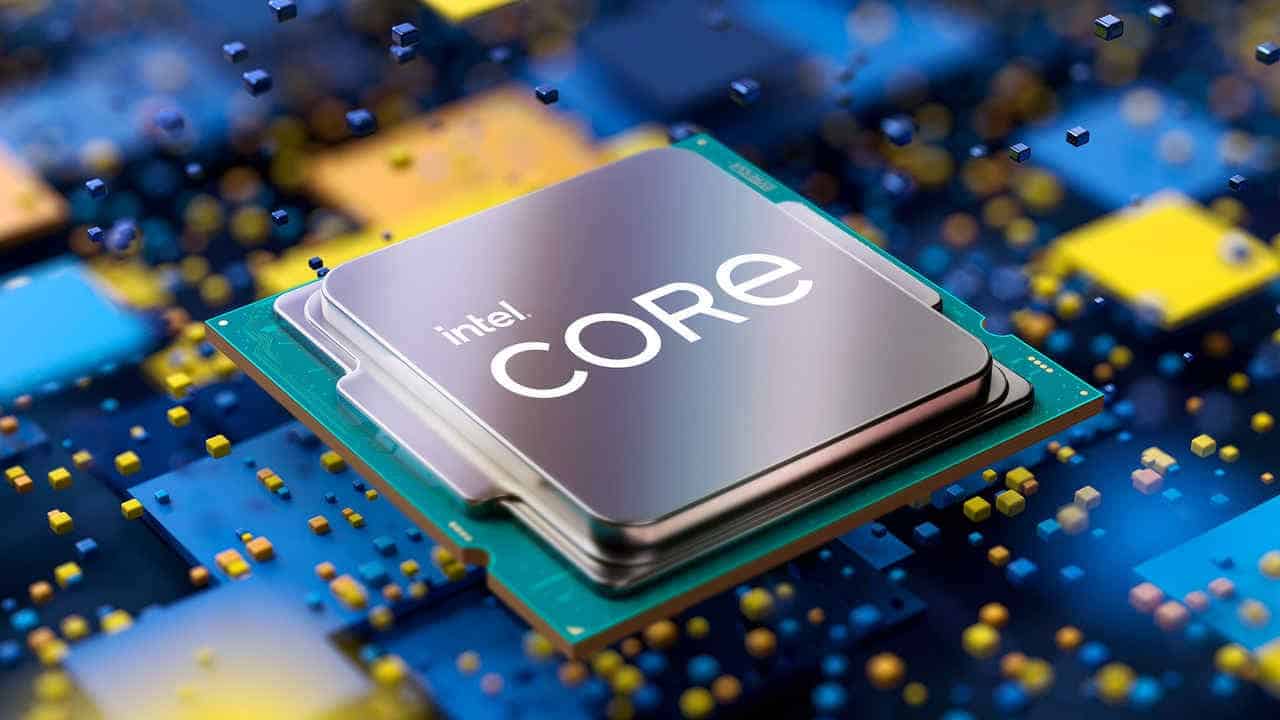Intel is branding its upcoming consumer GPUs as Intel Arc. This new Arc brand will cover both the hardware and software powering Intel’s high-end discrete GPUs, as well as multiple hardware generations. The first of those, known previously as DG2, is expected to arrive in the form of codename “Alchemist” in Q1 2022.
Intel’s Arc-based Alchemist GPUs will be available in both desktops and notebooks in early 2022, with Intel seemingly aiming to compete against both AMD and Nvidia here. While we still don’t know much about the performance of the first Alchemist GPUs, Intel published a teaser video today that showed prototype silicon powering PUBG, Psychonauts 2, Metro Exodus, and more.
Intel’s Arc GPUs will be capable of mesh shading, variable rate shading, video upscaling, and real-time ray tracing. Most importantly, Intel is also promising AI-accelerated super sampling, which sounds like Intel has its own competitor to Nvidia’s Deep Learning Super Sampling (DLSS) technology. AMD launched its own FidelityFX Super Resolution (FSR) answer to DLSS in June, but it’s only using a spatial upscaling technique rather than AI-based temporal upscaling. The aim of all these technologies is to upscale games from a lower resolution to provide smoother frame rates without a noticeable compromise in image quality.
“The launch of the Intel Arc brand and the reveal of future hardware generations signifies Intel’s deep and continued commitment to gamers and creators everywhere,” says Roger Chandler, head of Intel’s client GPU business. “We have teams doing incredible work to ensure we deliver first-class and frictionless experiences when these products are available early next year.”
Intel is only teasing the brand of its Arc GPUs today and revealing that “Battlemage,” “Celestial,” and “Druid” are all codenames for its future generations of Arc GPUs. More details and specifics are planned for later in 2021.
So far, Intel has launched its first Iris Xe graphics cards, codenamed “DG1,” that use the company’s Xe LP architecture. These lower-power cards were mainly designed for pre-built workstations, instead of dedicated gaming rigs. Intel’s upcoming Arc GPUs will be based on the company’s Xe-HPG microarchitecture, which is a combination of the work Intel has been putting into its Xe-LP, HP, and HPC microarchitectures.

